Introduction
As urbanisation continues to surge worldwide, cities are grappling with challenges such as congestion, pollution, and the increasing demand for efficient transportation. In this context, the debate between cargo bikes and cars has gained momentum, as both modes of transport offer distinct advantages and disadvantages for urban living. In this blog post, we will explore the merits and drawbacks of cargo bikes and cars, aiming to provide a comprehensive overview of which is better suited for urban transportation.
The Rise of Cargo Bikes
A Resurgence in Popularity
Cargo bikes have experienced a resurgence in recent years, capturing the attention of urban dwellers and transportation planners alike. These human-powered vehicles have been used for centuries, primarily for transporting goods, but their popularity waned with the rise of automobiles. Today, cargo bikes are making a comeback, and for good reason.
Advantages of Cargo Bikes
Eco-Friendly Transport
Cargo bikes are undoubtedly more environmentally friendly than cars. They produce zero emissions and have a significantly smaller carbon footprint. With urban areas battling air pollution and climate change, this is a major plus for eco-conscious commuters.
Reduced Congestion
In densely populated cities, traffic congestion can be a nightmare. Cargo bikes take up less space on the road and can weave through traffic more easily than cars. This not only contributes to reduced congestion but also shortens commute times for all road users.
Cost-Effective Choice
Cargo bikes are considerably cheaper to purchase and maintain compared to cars. Fuel costs are non-existent, and maintenance is minimal, especially when compared to the complex systems of an automobile.
Health Benefits
Riding a cargo bike is an excellent form of exercise, promoting physical fitness for the rider. This active mode of transport can also reduce stress and improve mental well-being, enhancing the overall quality of life.
Easy Parking and Storage
Cargo bikes are much easier to park and store in urban environments. They don’t require extensive parking spaces, which can free up valuable real estate in crowded cities.
Challenges of Cargo Bikes
Limited Range
While cargo bikes are great for short to moderate distances, they may not be the most practical option for long journeys or hilly terrain.
Weather Dependency
Cargo bikes are more vulnerable to adverse weather conditions. Rain, snow, and strong winds can make riding uncomfortable and even unsafe, posing a challenge for year-round use.
Cargo Capacity Limitations
Although cargo bikes can carry a substantial amount, they may not be suitable for extremely large or heavy loads, limiting their use for certain transport needs.
The Case for Cars
Despite the undeniable merits of cargo bikes, cars continue to dominate urban transportation for several reasons.
Advantages of Cars
Versatility
Cars are incredibly versatile, capable of covering long distances and transporting passengers and cargo of all sizes. This makes them the preferred choice for many daily activities, especially for those with diverse transport needs.
Weather Resistance
Unlike cargo bikes, cars provide a sheltered and climate-controlled environment, ensuring comfort and safety in various weather conditions.
Speed and Efficiency
Cars generally offer faster travel times than cargo bikes, making them more time-efficient for longer commutes or urgent trips.
Ample Cargo Space
Modern cars often come equipped with generous cargo space, making it easier to carry groceries, luggage, and other goods without compromising passenger comfort.
Challenges of Cars
Environmental Impact
Cars significantly contribute to air pollution and greenhouse gas emissions, exacerbating urban air quality issues and climate change.
You may want to know:Is It Okay To Store Your Trike Bike Outside?
Traffic Congestion
Cars are a primary cause of traffic congestion in cities, leading to longer commute times and reduced overall mobility for all road users.
Parking Issues
Finding parking in densely populated urban areas can be a major headache, leading to wasted time and frustration for drivers.
More reading:From Hauling to Hobbies: Creative Uses for Cargo Bikes with Aitour
Conclusion
In the cargo bike vs. car debate, there isn’t a one-size-fits-all solution. Each mode of transportation has its unique advantages and challenges, and the choice largely depends on individual circumstances and preferences.
Cargo bikes excel in terms of sustainability, cost-effectiveness, and promoting a healthier lifestyle. They are particularly well-suited for short-distance urban trips, provided the terrain and weather conditions are favourable.
Cars, on the other hand, offer unmatched versatility, speed, and convenience. They remain a necessity for many people, especially those with longer commutes or specific transportation needs.
To create more sustainable and livable cities, a combination of both cargo bikes and cars, alongside efficient public transportation and urban planning, may be the key. The future of urban transportation should prioritise reducing car dependency, promoting active modes of transport like cargo bikes, and investing in infrastructure to support a diverse range of mobility options. Ultimately, the "better" choice depends on how well these modes are integrated into the urban transportation ecosystem to create healthier, more accessible, and environmentally friendly cities.

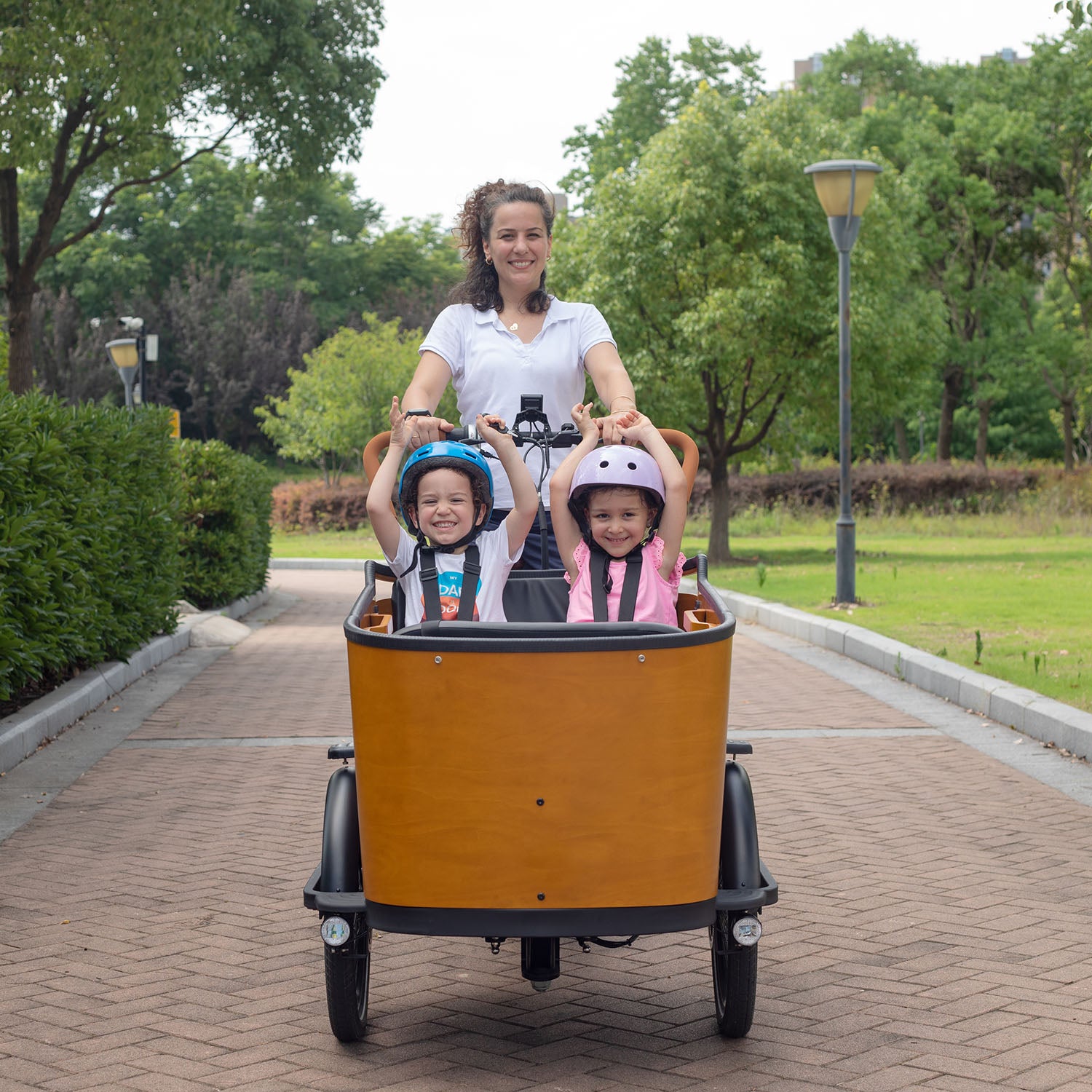
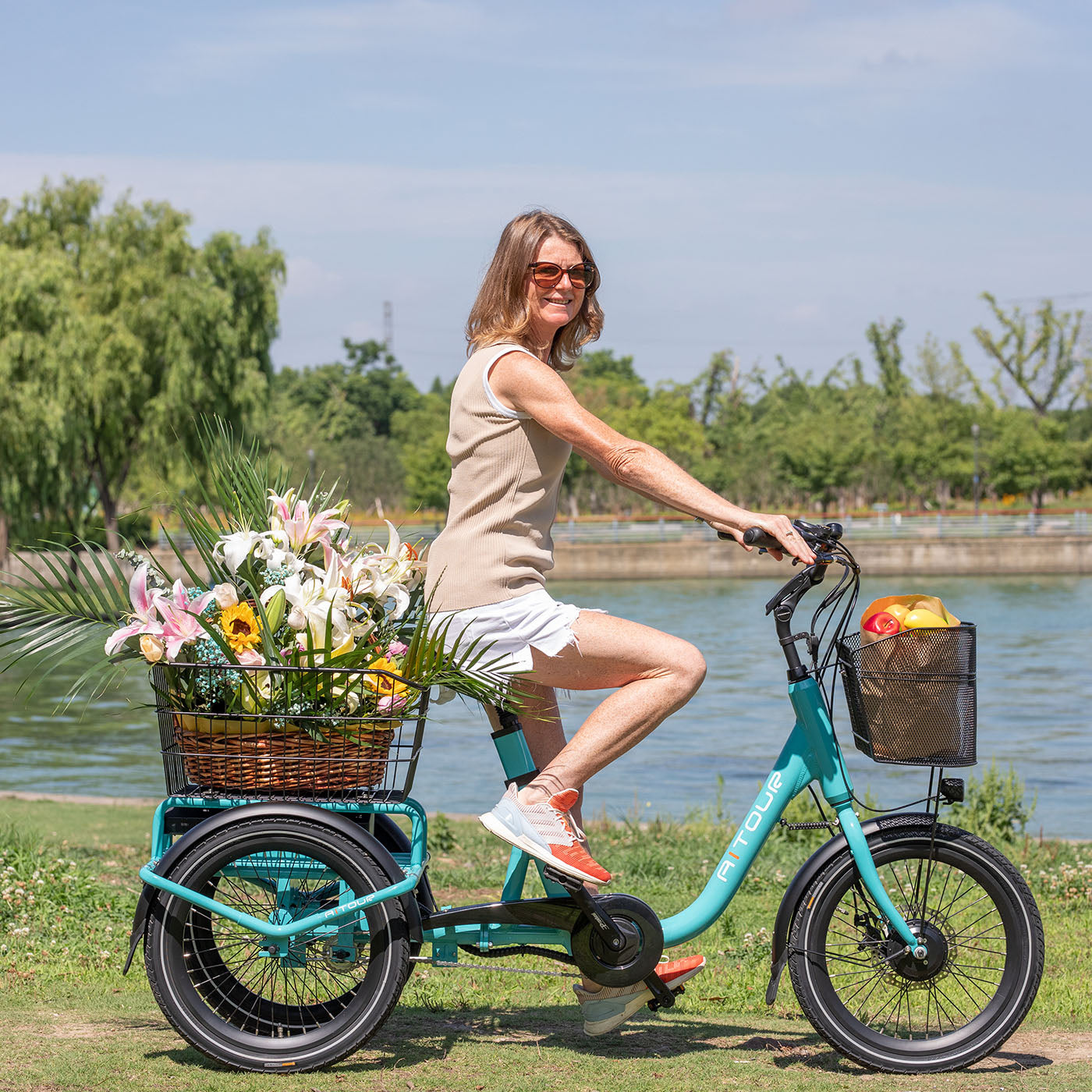
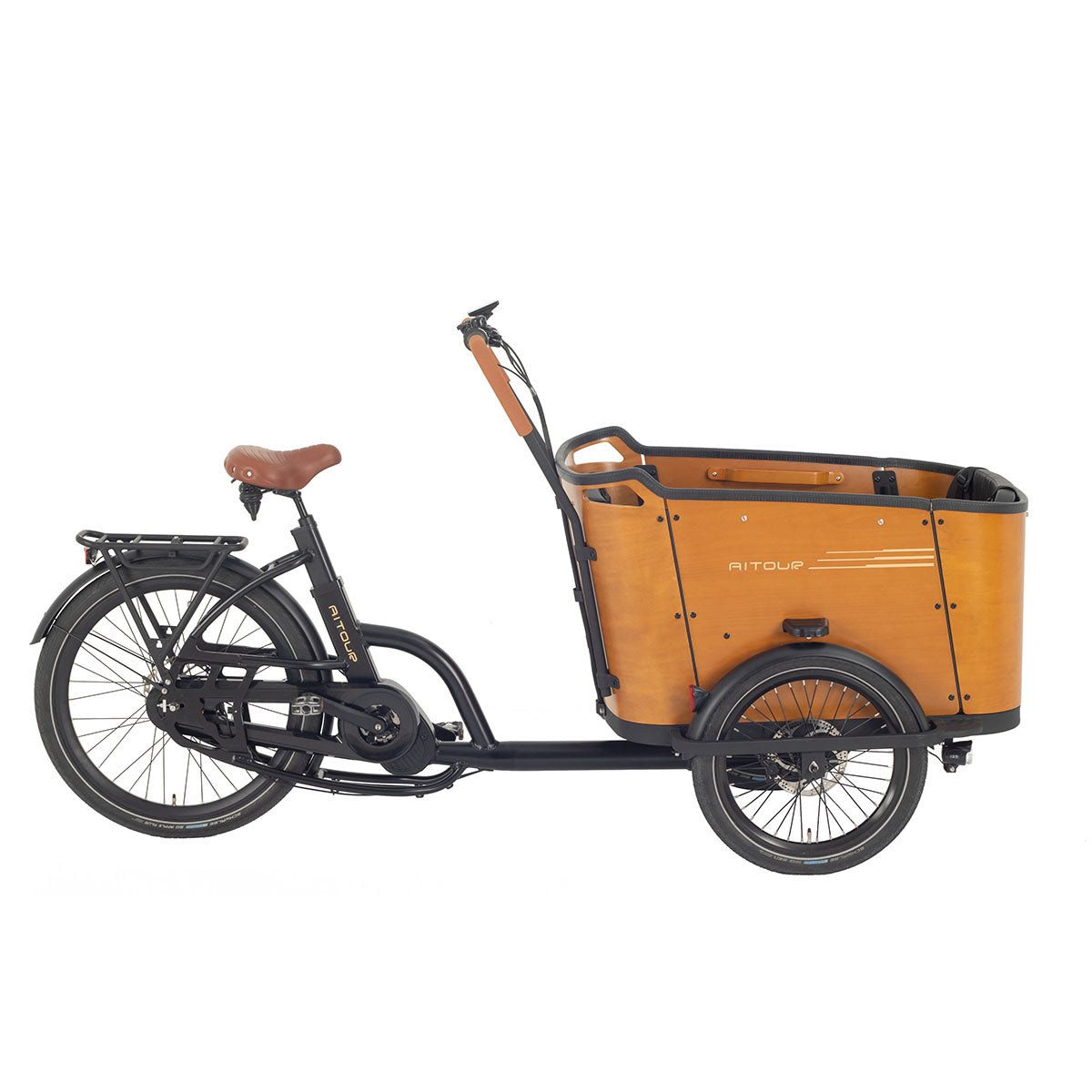
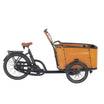
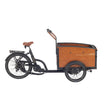
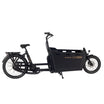
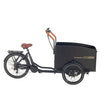

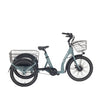
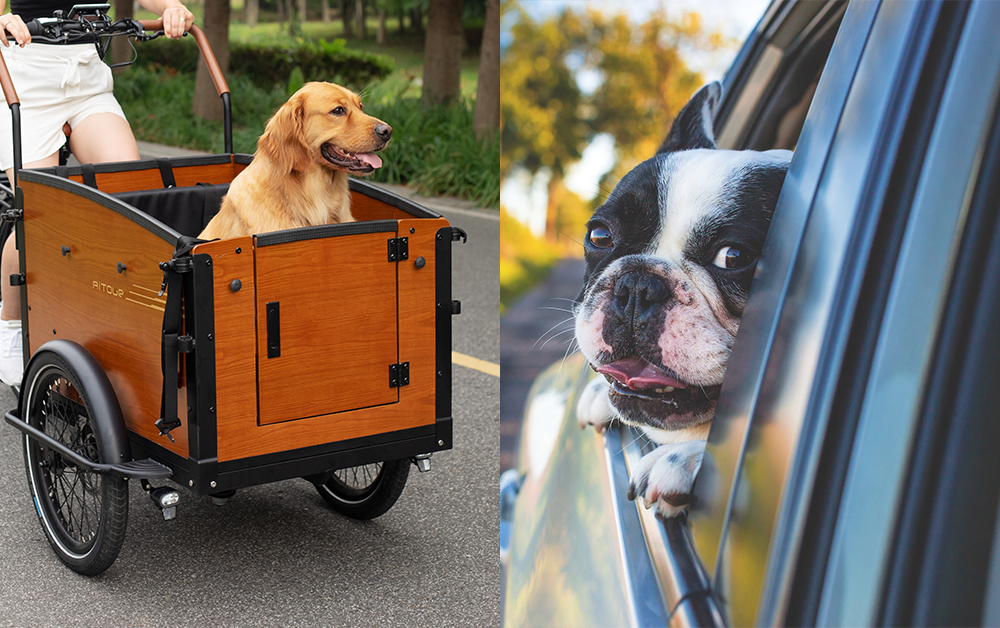
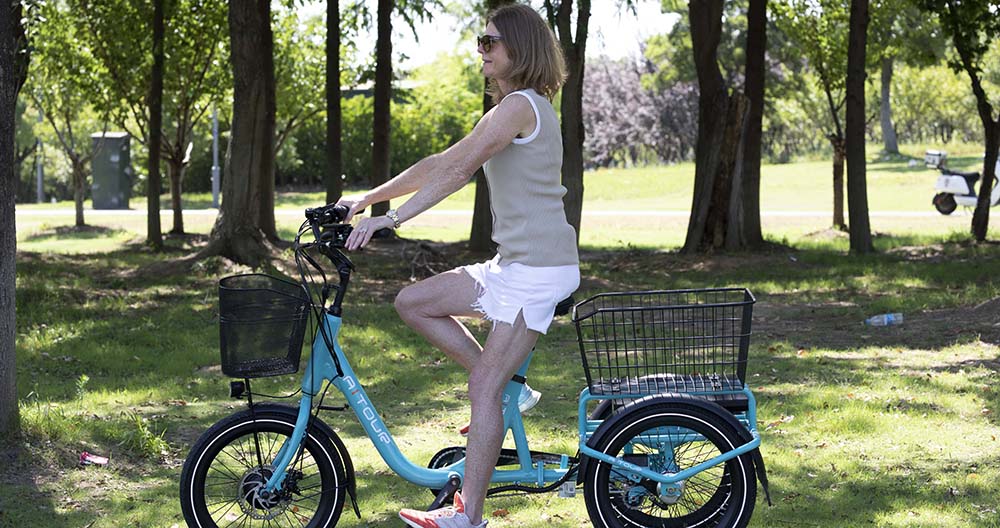
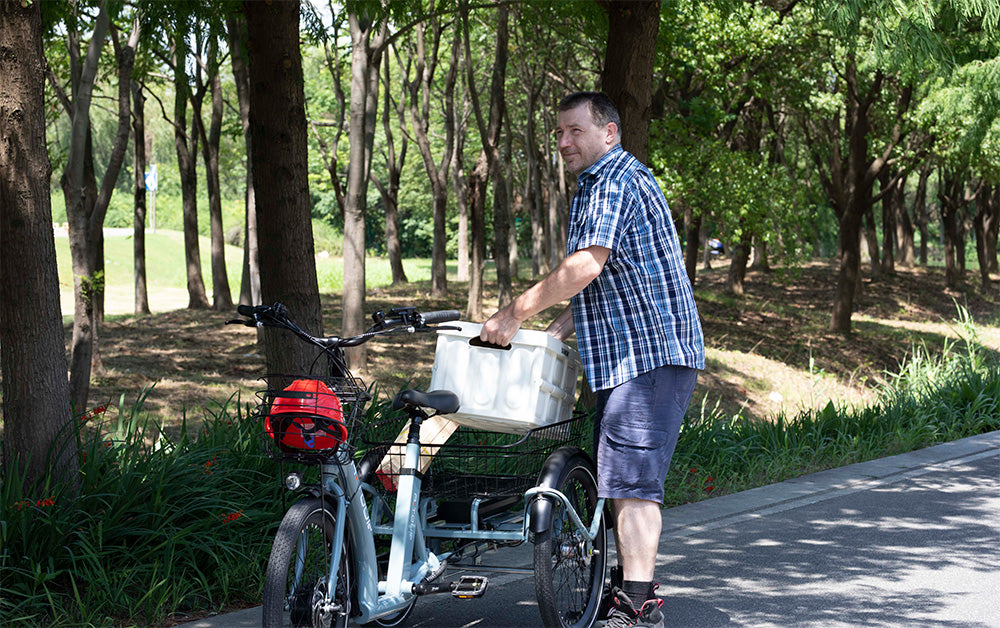
Leave a comment
All comments are moderated before being published.
This site is protected by hCaptcha and the hCaptcha Privacy Policy and Terms of Service apply.